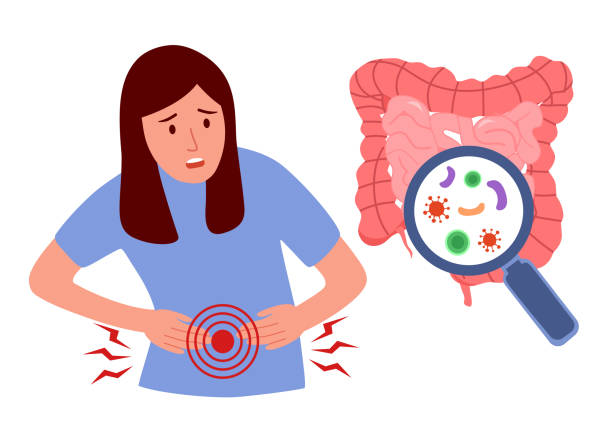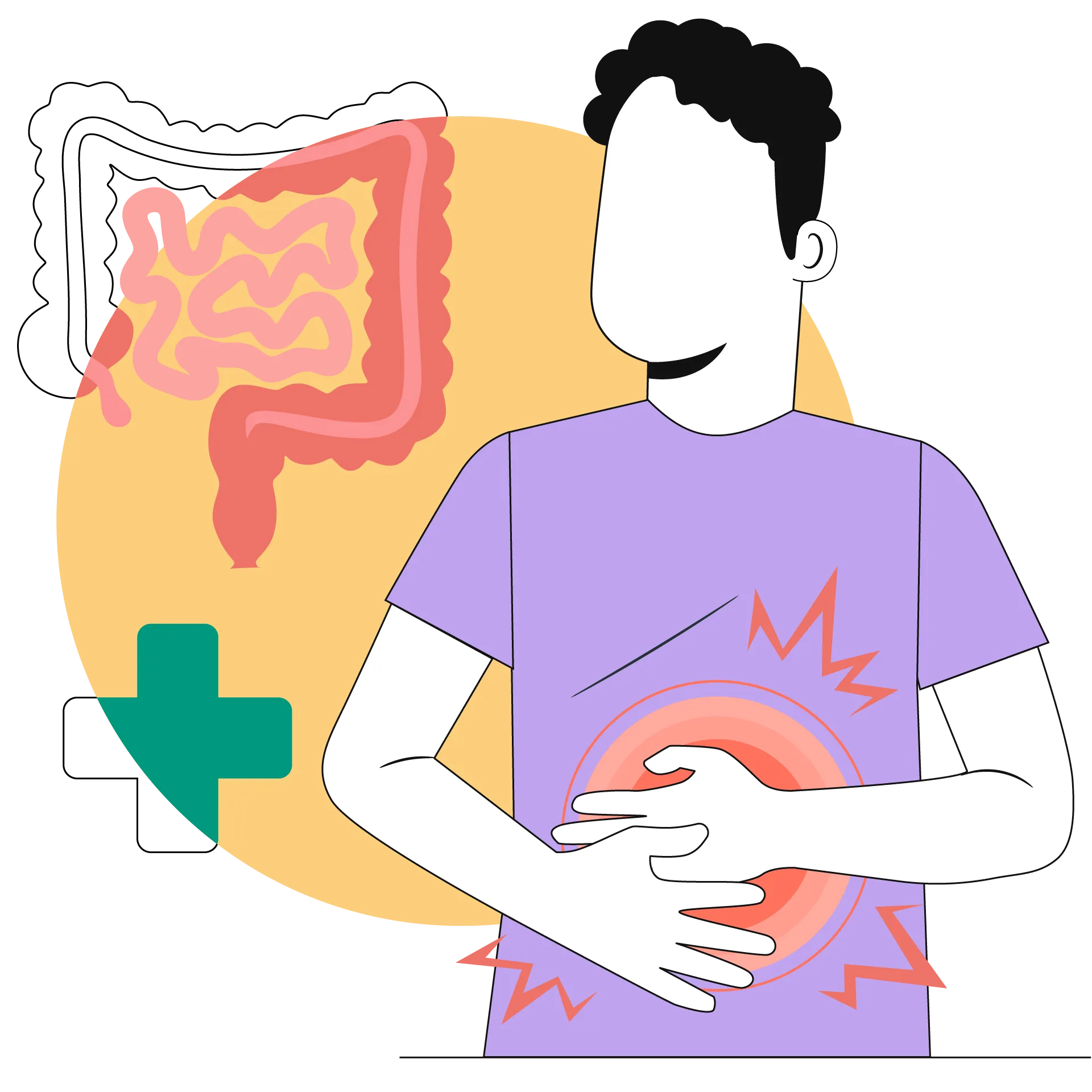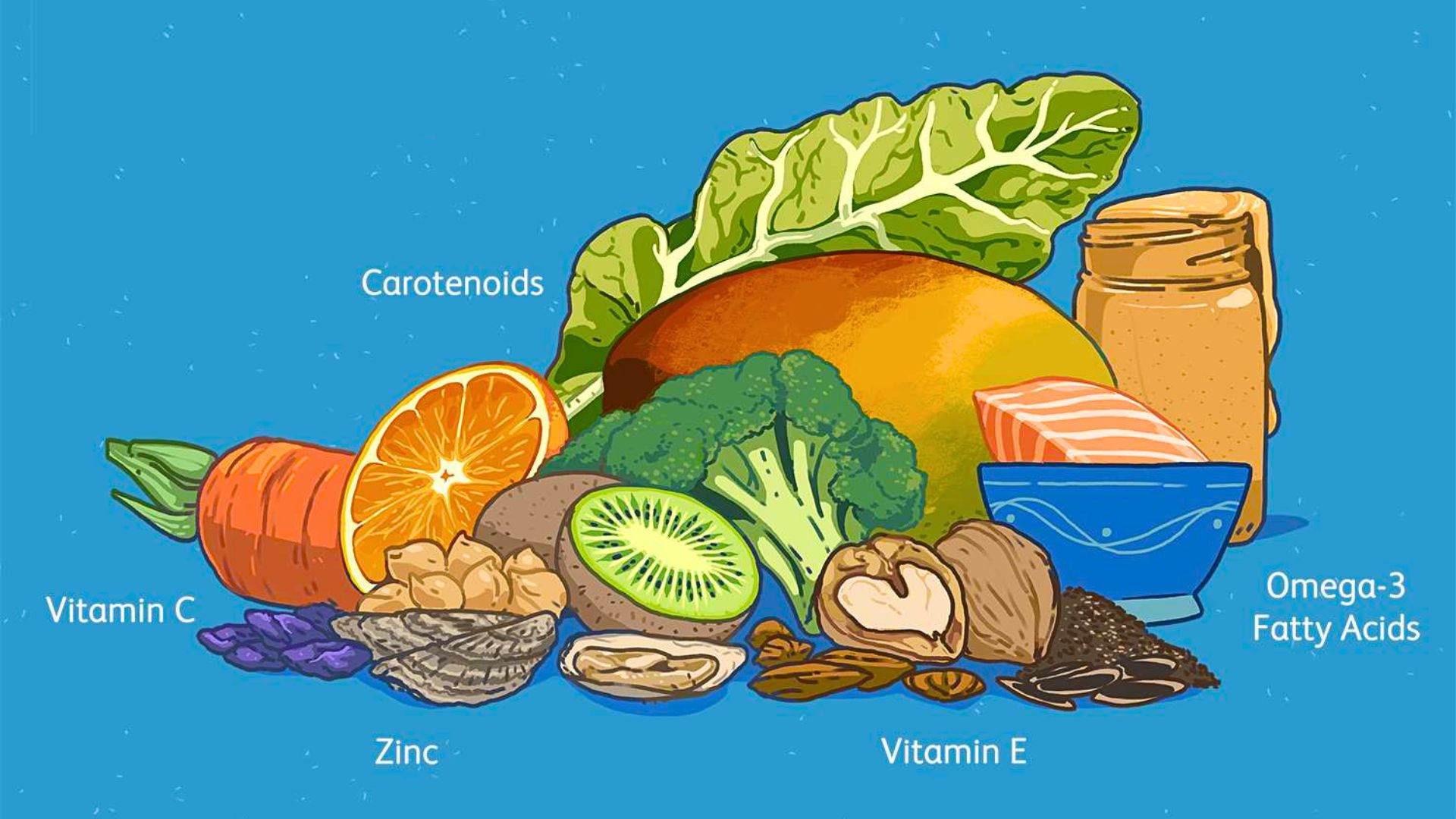Food poisoning is a common and potentially serious condition caused by the consumption of contaminated food or beverages. It can lead to various symptoms, ranging from mild discomfort to severe illness. Knowing the signs, understanding the causes, and adopting preventive measures are essential for maintaining food safety. Here’s a comprehensive guide on food poisoning:
Table of Contents
ToggleWhat is Food Poisoning?

Food poisoning is a gastrointestinal illness caused by consuming contaminated food or beverages. Its scope extends from mild discomfort to severe illness, impacting millions worldwide. Understanding the intricacies of this condition is crucial for maintaining food safety.
Signs of Food Poisoning

Recognizing the signs of food poisoning is paramount for prompt action. Common symptoms include nausea, vomiting, diarrhea, abdominal pain, and fever. Learn to identify these early signals to initiate timely interventions.
Common Causes

Bacteria
Pathogenic bacteria such as Salmonella, E. coli, and Campylobacter are frequent culprits. Unhygienic food handling and improper cooking contribute to bacterial contamination.
Viruses
Norovirus and Hepatitis A, among others, pose threats through contaminated surfaces or contact with infected individuals. Vigilance is key in preventing viral foodborne illnesses.
Parasites
Parasites like Giardia and Cryptosporidium may contaminate food and water, leading to gastrointestinal issues. Awareness and proper food handling are essential for prevention.
Toxins
Certain foods, either naturally or due to contamination, may harbor toxins. Vigilance in food selection and preparation is crucial to avoid toxin-induced food poisoning.
Impact on Health
Food poisoning can range from mild to severe, with complications such as dehydration and long-term health issues. Understanding its impact is vital for prioritizing preventive measures.
Prevention Methods
Maintaining good hygiene, proper cooking practices and vigilant storage are foundational in preventing food poisoning. Adopt these practices to safeguard your health and that of your family.
Importance of Hydration
In cases of food poisoning, staying hydrated is paramount. Learn how to manage dehydration effectively to support the body’s recovery process.
First Aid for Food Poisoning
Knowing the initial steps to take when experiencing food poisoning is crucial. Learn the basics of first aid to alleviate symptoms and prevent complications.
Seeking Medical Attention
While some cases can be managed at home, knowing when to seek professional medical attention is essential. Understand the signs that warrant a visit to a healthcare professional.
Personal Experiences
Real-life stories provide valuable insights into the impact of food poisoning. Discover personal experiences that highlight the importance of preventive measures.
People Also Ask
Can I get food poisoning from vegetables?
Yes, vegetables can harbor bacteria or parasites if not washed properly. Ensure thorough cleaning before consumption.
Is reheating food a safe practice?
Reheating food is generally safe, but proper temperature control is crucial to prevent bacterial growth. Avoid reheating multiple times.
How long does it take to recover from food poisoning?
Recovery time varies but usually takes a few days to a week. Severe cases may require medical intervention.
Can food poisoning lead to long-term health issues?
While rare, prolonged or severe cases of food poisoning may result in long-term health issues. Seeking medical attention is advisable in such cases.
Are there specific groups more vulnerable to food poisoning?
Yes, infants, elderly individuals, and those with weakened immune systems are more susceptible to severe cases of food poisoning.
Can food poisoning be prevented entirely?
While it’s challenging to eliminate all risks, following proper food safety practices significantly reduces the likelihood of food poisoning.
Conclusion
In conclusion, understanding and actively implementing preventive measures are paramount in combating food poisoning. Stay informed, practice good hygiene, and make informed choices to protect yourself and your loved ones from the potential dangers of contaminated food.



